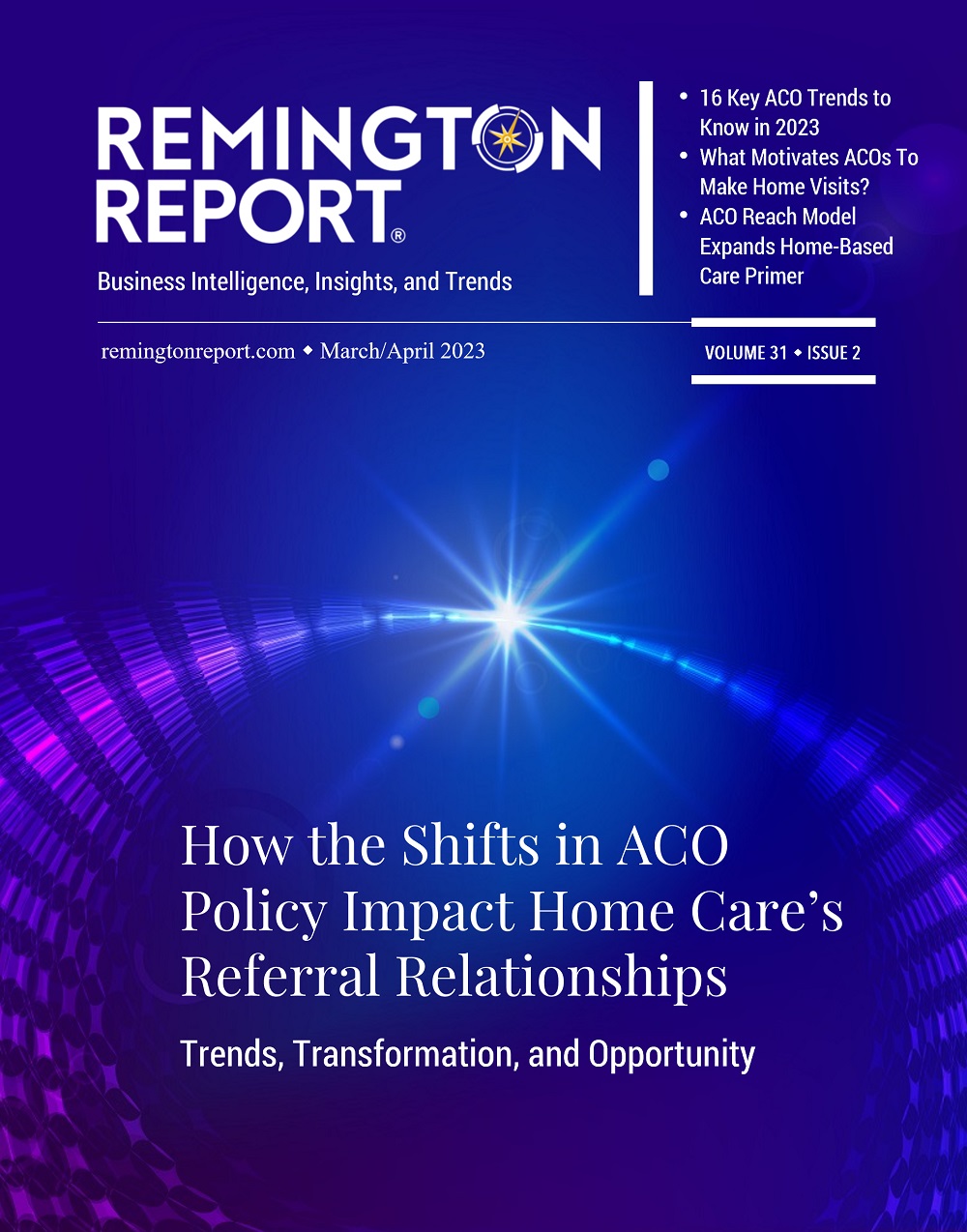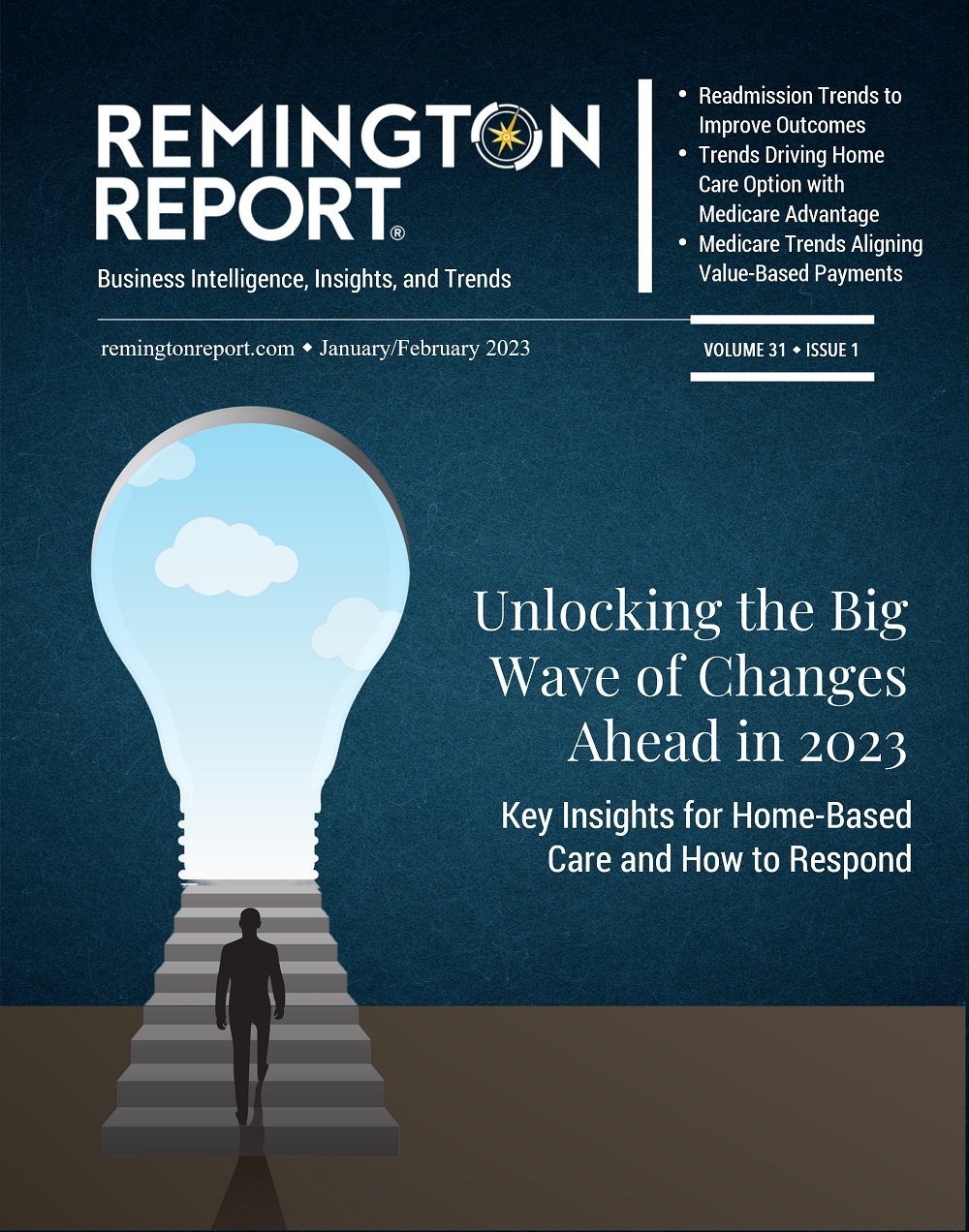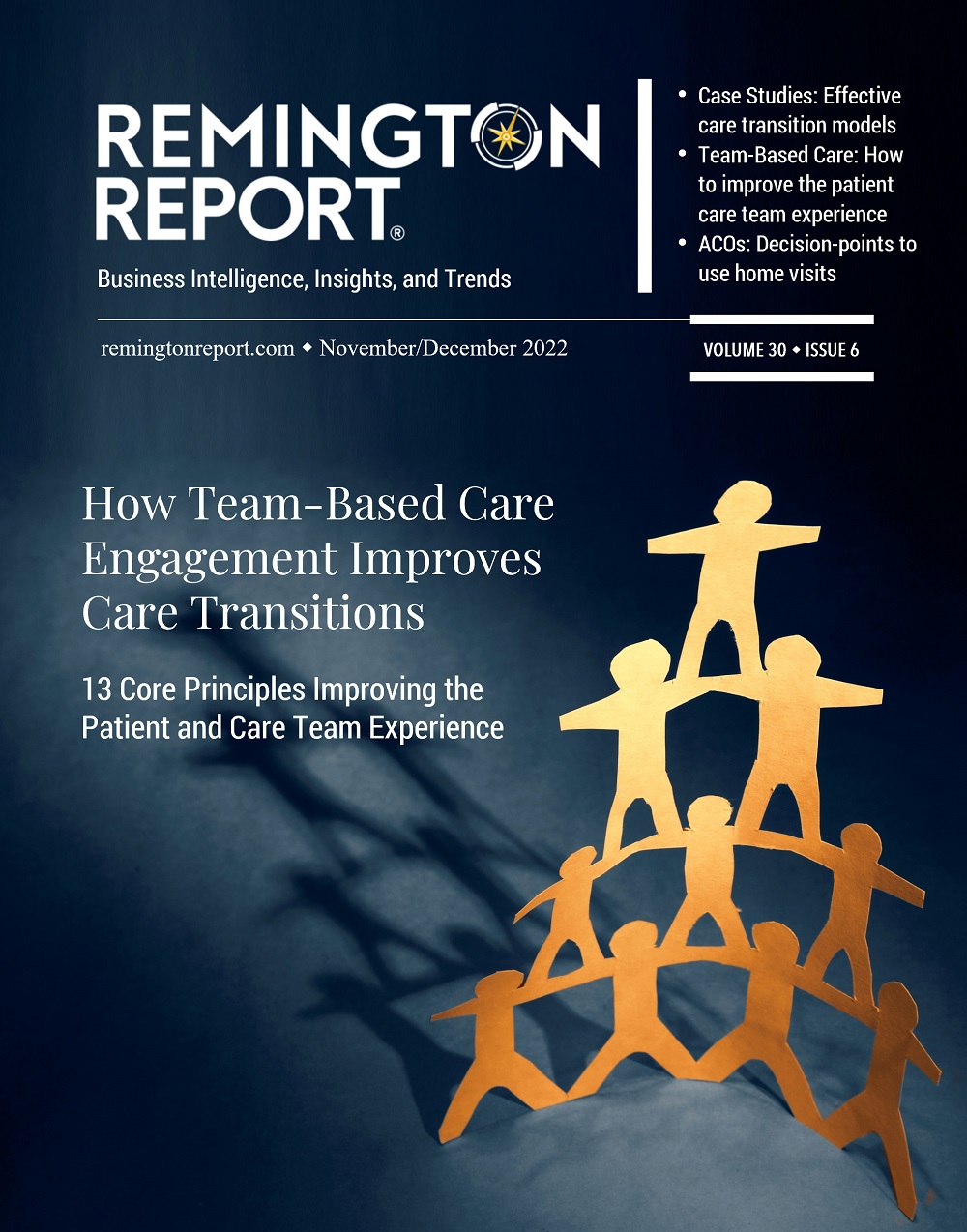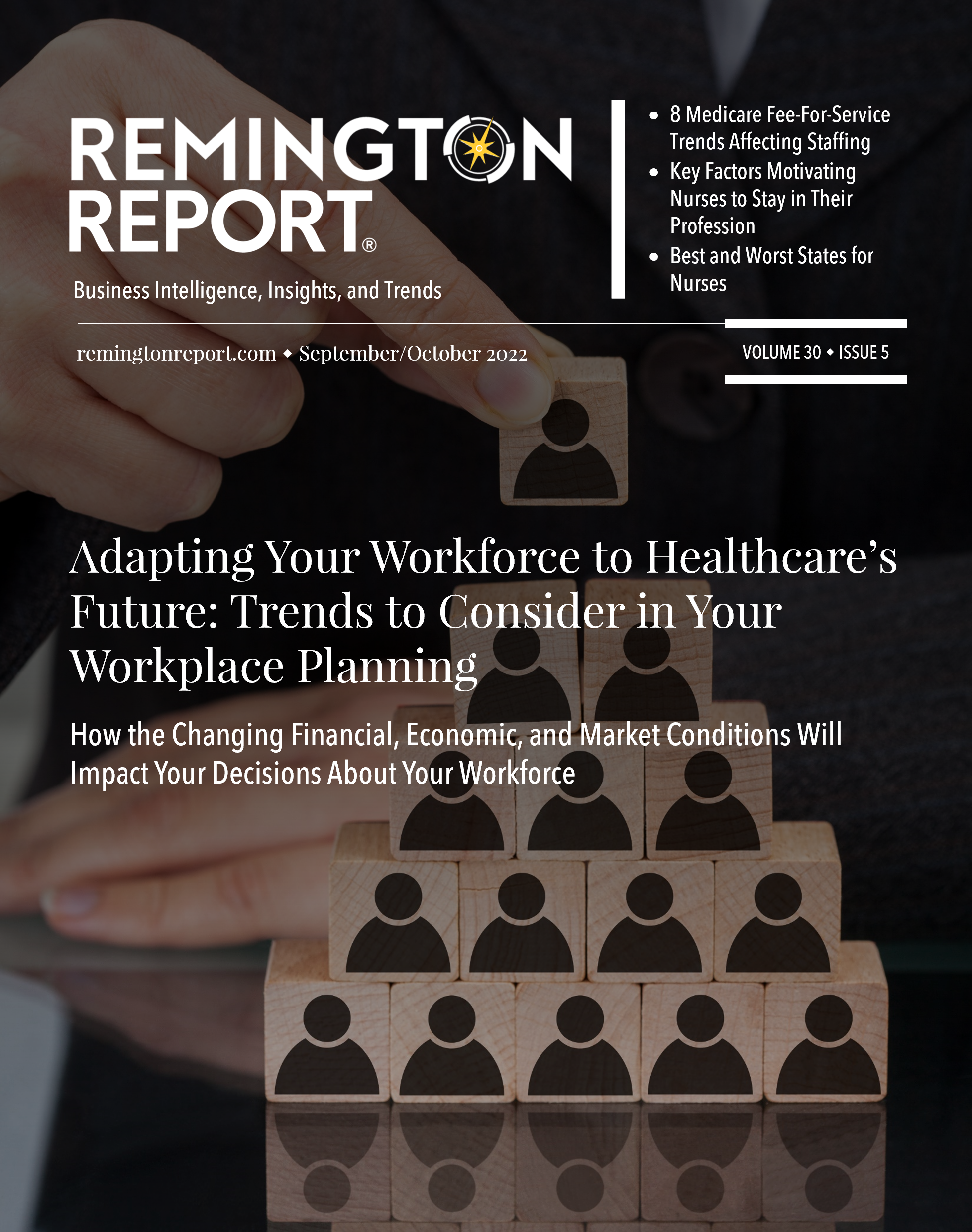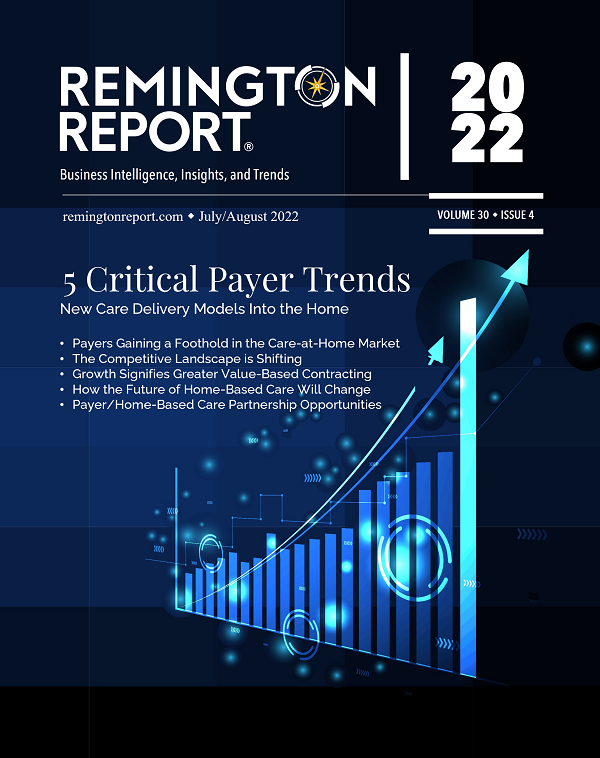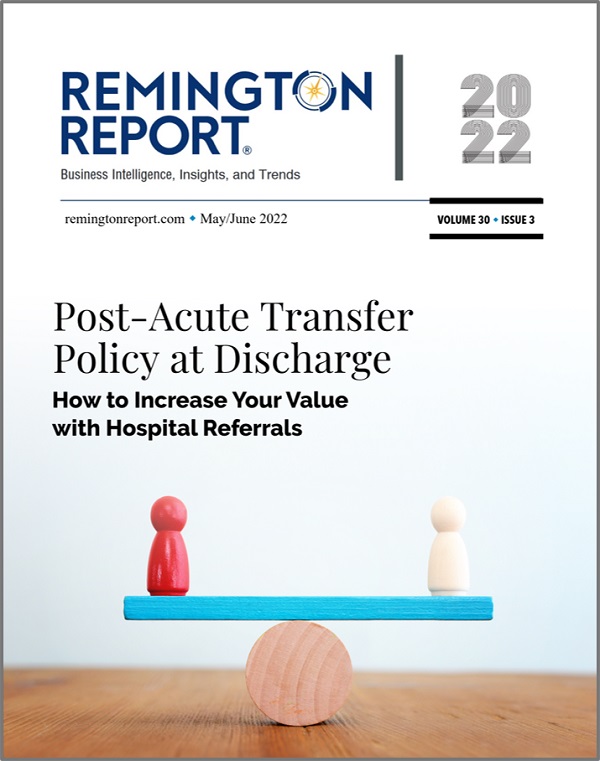The latest CMS reports indicate Medicare fines for hospital readmissions dropped, but nearly 2,300 hospitals were still penalized. The reason for the drop in fines had to do with the chaos of COVID; the government decided to exclude the first half of 2020.
CMS excluded from its calculations Medicare patients who were readmitted with pneumonia across all three years because of the difficulty in distinguishing them from patients with COVID. Despite this, 43% of the nation’s 5,236 hospitals were penalized.
As a home-based care provider, all referral partners have the same goal – how to reduce readmissions and the cost. It’s important to continue to hone in on data that can help your organization better understand your role in preventing readmissions and reducing the cost of care.
Highlights: Overall Conditions with Most Frequent and Costly Readmissions
- In 2018, there were 3.8 million 30-day all-cause adult hospital readmissions, with a 14% readmission rate and an average readmission cost of $15,200.
- Index (initial) admissions for septicemia accounted for the largest number of readmissions overall (8.3%) and by expected payer. Septicemia also had among the highest average readmission costs for Medicaid and self-pay/no charge stays, accounting for approximately 10 and 9%, respectively, of aggregate readmission costs.
- Index admissions for sickle cell trait/anemia had the highest readmission rate overall (36.1%) as well as among Medicare and Medicaid stays (37.2 and 39.4%, respectively).
- Heart failure was among the top five conditions at index admission with the highest number and highest rate of readmissions for Medicaid and self-pay/no charge stays.
- Overall, the highest average readmission cost was for index admissions for complication of transplanted organs or tissue ($27,000), which also had the highest average readmission cost for privately insured stays ($31,200) and the second highest average readmission cost for Medicare stays ($24,200).
Top 20 Principal Diagnosis for 30-day Hospital Readmissions

Source: AHRQ

Lisa Remington is president and publisher of the Remington Report magazine and President of Remington’s Home Care Leadership Think Tank. She has worked with more than 10,000 organizations in both a consultancy role and an educator. Lisa monitors the complex key trends and forces of change to develop a correct strategic approach to de-risk decision-making and create sustainable futures across the healthcare continuum.
Other Articles You Might Enjoy
Message From Lisa Remington
May/June 2024 Issue
FREE CONTENT The home care industry lies at the center of chronic care management. It holds the key to reducing the overall cost of care, minimizing readmissions, emergency department visits, and offering value propositions that align with partnerships involving hospitals, health systems, ACOs, payers, and Medicare Advantage Plans.
Assessing the Effectiveness of Chronic Care Management Services
May/June 2024 Issue
SUBSCRIBER CONTENT Are you aware that both Medicare and Medicare Advantage beneficiaries are eligible for the Chronic Care Management program? It presents a remarkable opportunity to offer comprehensive care to those grappling with multiple chronic conditions. However, despite the widespread prevalence of chronic illnesses among Medicare beneficiaries, only a fraction is using the program. Which physicians are leveraging the program most frequently? What are the challenges?
Surprising Medical Conditions Dominating Home Healthcare Expenditure
May/June 2024 Issue
SUBSCRIBER CONTENT It's often assumed that heart disease ranks highest for medical condition expenditure in home healthcare. Get ready to be surprised by the real leader in medical expenditure.





